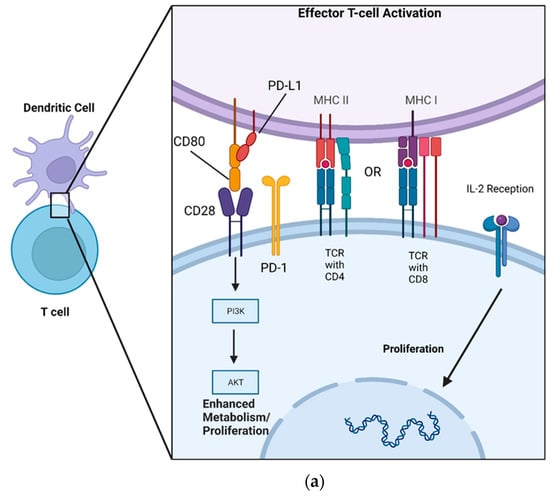Emerging Use of Stem Cells in Personalized Medicine
A topical collection in Cells (ISSN 2073-4409). This collection belongs to the section "Stem Cells".
Viewed by 2079Editors
Interests: stem cells; skeletal muscle regeneration; regenerative medicine; muscle injury; muscular dystrophies; disease modeling; gene correction
Special Issues, Collections and Topics in MDPI journals
Interests: stem cell; regenerative medicine; fibrosis and cascade; wound healing
Special Issues, Collections and Topics in MDPI journals
Topical Collection Information
Dear Colleagues,
In the last decade, personalized medicine has gained much traction and has pushed the limits of what we can achieve clinically. The first generation of personalized medicine employed an individual analysis of a patient’s unique biology to select more efficacious diagnostic methods and/or suggest clinical treatments. The focus was on identifying genetic factors to assist with selecting treatments, personalizing screens or diagnoses, and honing the detection of potential diseases. Currently, these applications offer routine clinical services for patients. Subsequently, personalized medicine has progressed into other fields, such as gene therapy, cancer treatment, and surgical treatment/design. However, the true potential of personalized medicine, extending well beyond these current applications, waits to be fully realized.
Most disease, trauma, and infectious pathologies are consequences of cellular damage at differing levels. The key to mitigating cell and/or tissue damage repair is cell therapy. Stem cell therapy is a promising treatment that can be tailored not only to an illness but also to an individual patient. The potential of stem cell therapy includes a futuristic personalized “medication” in the event of tissue damage secondary to surgeries, toxins, trauma, aging, complications from medication, autoimmune disease, and numerous other problems limited by current medicine. Autologous cell sources are the priority for cell therapy since they are safe, do not violate ethical perspectives, and do not provoke immunogenic responses. Among the various autologous cell sources, induced pluripotent stem cells (iPSCs) show great potential for cell therapy application. In addition to directly treating patient tissue, iPSCs can be turned into specialized disease cells for quick, easy, and personalized drug testing and dose selection.
Personalized medicine through stem cell therapy has many essential benefits for the future of personal health. The current Collection will accept studies and reviews in all fields of personalized medicine. In addition, stem cell-related studies on basic science and translational applications in personalized medicine will be welcomed. The goal of this Collection is to provide an overview of novel studies and updated classical studies in personalized medicine.
Prof. Dr. Yong Li
Dr. Radbod Darabi
Collection Editors
Manuscript Submission Information
Manuscripts should be submitted online at www.mdpi.com by registering and logging in to this website. Once you are registered, click here to go to the submission form. Manuscripts can be submitted until the deadline. All submissions that pass pre-check are peer-reviewed. Accepted papers will be published continuously in the journal (as soon as accepted) and will be listed together on the collection website. Research articles, review articles as well as short communications are invited. For planned papers, a title and short abstract (about 100 words) can be sent to the Editorial Office for announcement on this website.
Submitted manuscripts should not have been published previously, nor be under consideration for publication elsewhere (except conference proceedings papers). All manuscripts are thoroughly refereed through a single-blind peer-review process. A guide for authors and other relevant information for submission of manuscripts is available on the Instructions for Authors page. Cells is an international peer-reviewed open access semimonthly journal published by MDPI.
Please visit the Instructions for Authors page before submitting a manuscript. The Article Processing Charge (APC) for publication in this open access journal is 2700 CHF (Swiss Francs). Submitted papers should be well formatted and use good English. Authors may use MDPI's English editing service prior to publication or during author revisions.
Keywords
- personalized medicine
- induced pluripotent stem cells (iPSCs)
- genetic identification
- diagnosis
- drug testing
- disease modeling
- gene correction








